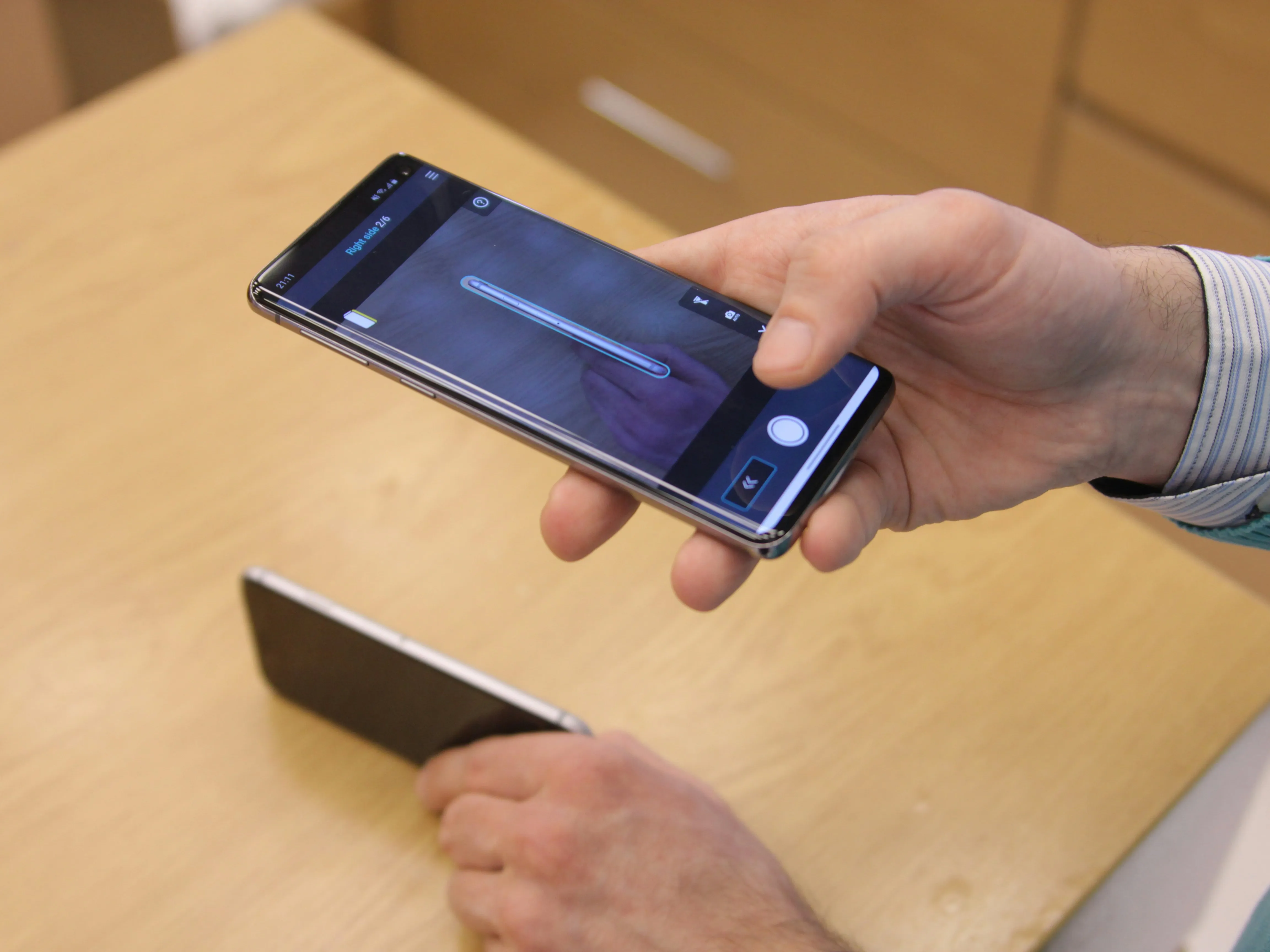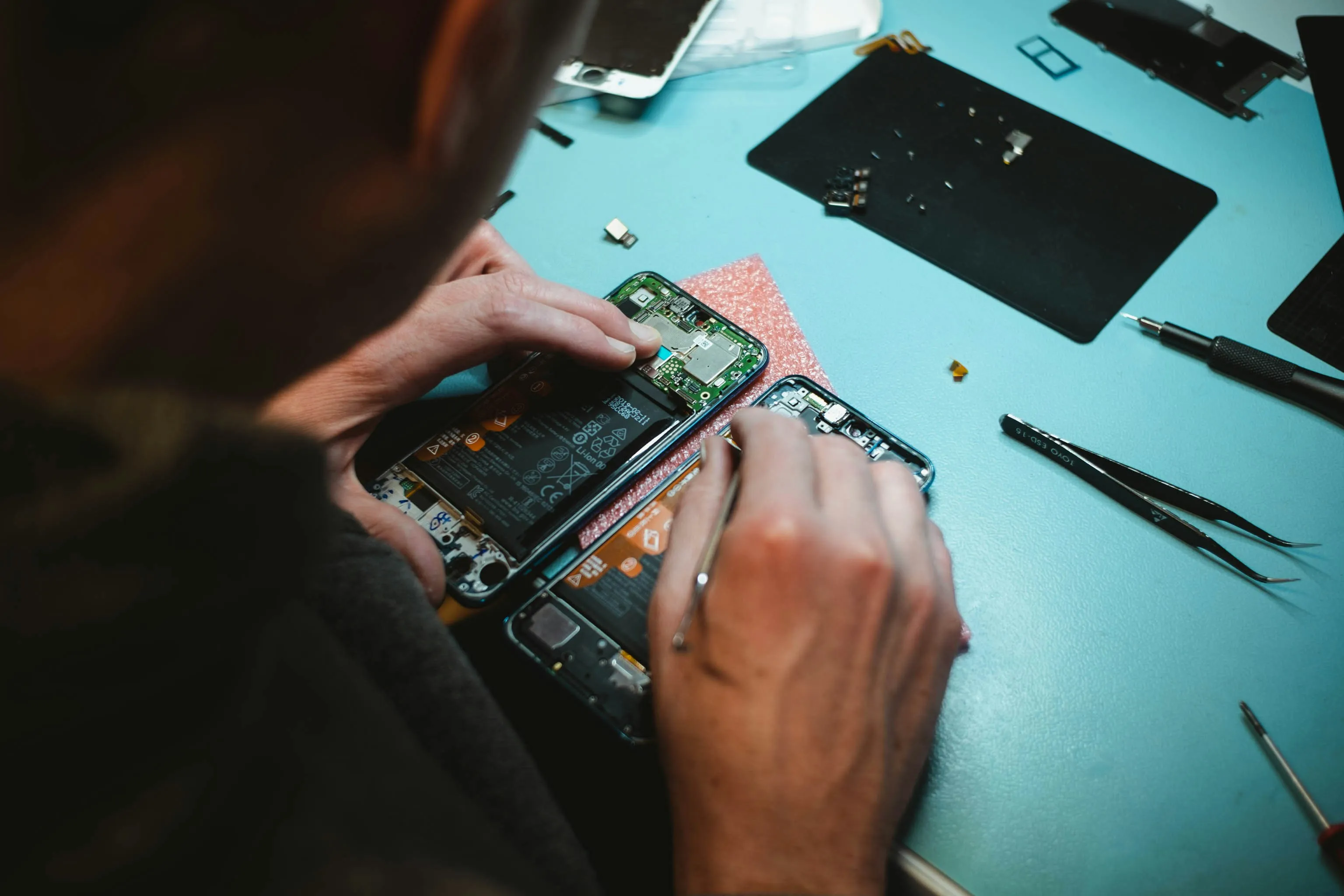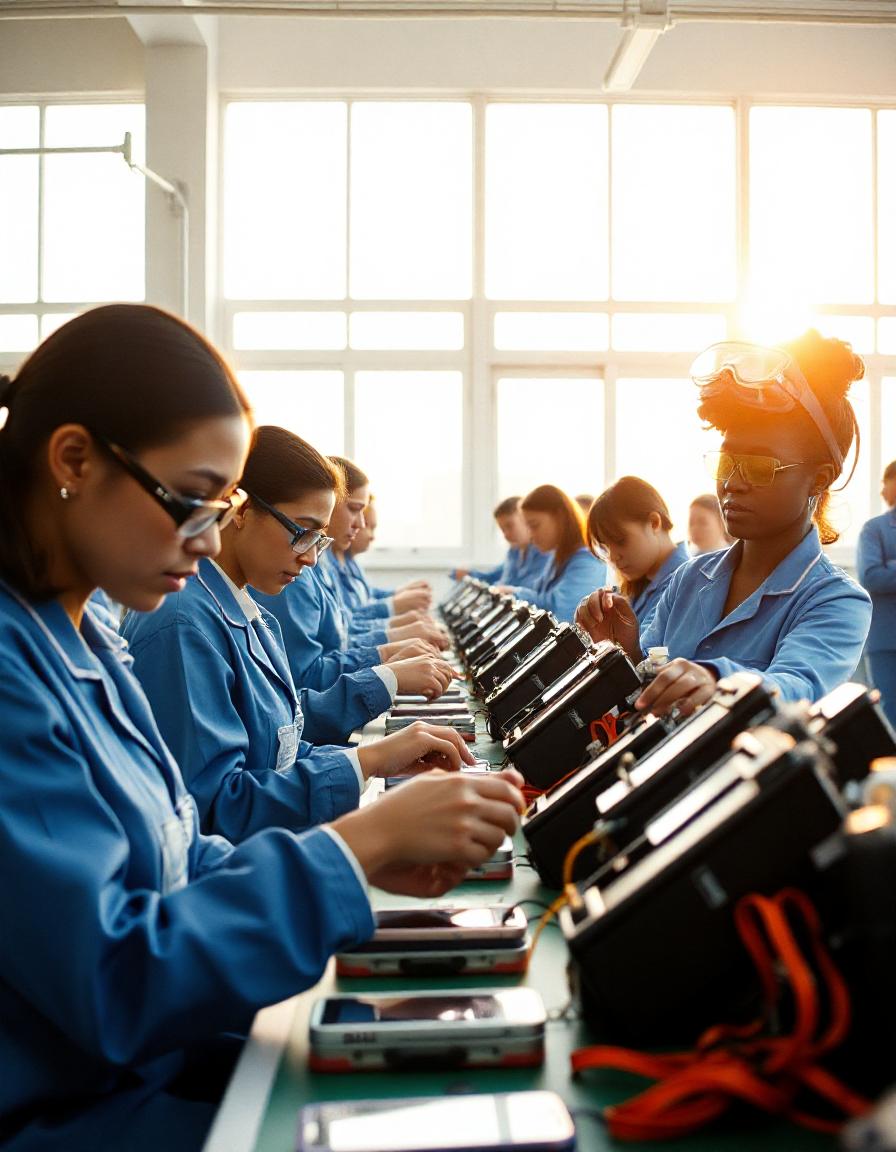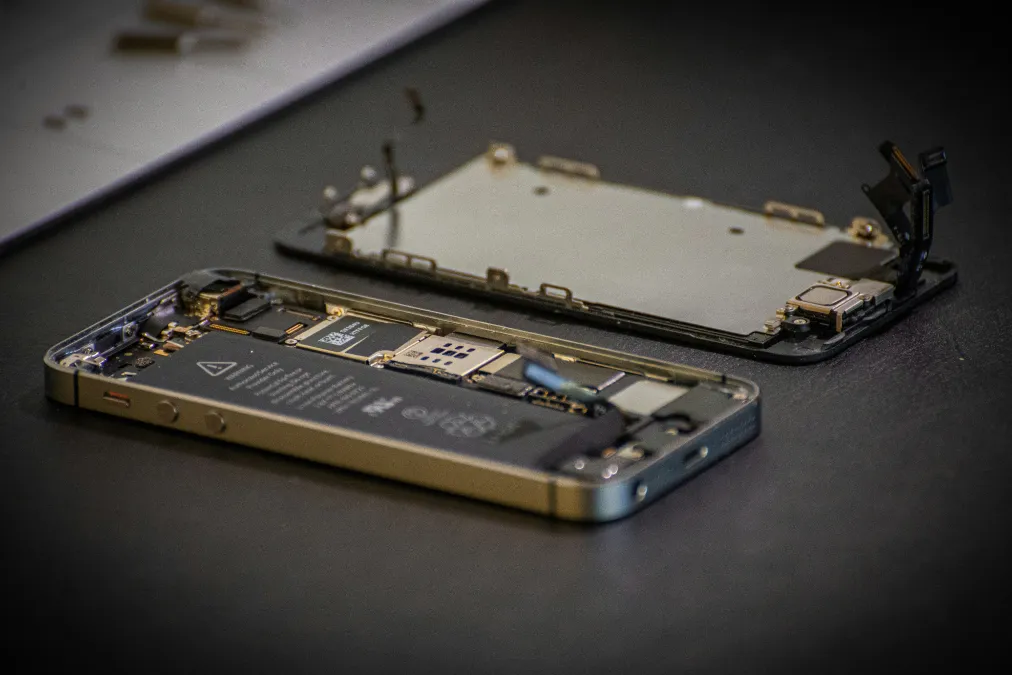In recent years, smartphones have become an essential part of daily life. However, when these expensive devices break down, many Germans opt for a new phone rather than repairing the old one. A recent survey conducted by the TÜV association reveals that only a third of Germans consider repairing their damaged smartphones. The rest often choose to buy a new device, mainly due to the perceived high cost and uncertainties surrounding repairs. This trend has significant environmental and resource-related consequences.
Repairing Smartphones: A Rare Occurrence
The survey shows that more than a third of the German population experienced issues with a faulty smartphone in the past five years. However, only 32% of those affected actually had the device repaired. The reasons for this vary: 31% of those who did not consider repair believed the device was irreparable, while another 30% avoided repair due to the high cost. Surprisingly, 7% of respondents didn’t even think of repairing their smartphones.
"Although repair would be the more sustainable option, most consumers prefer a new device," says Juliane Petrich, a policy and sustainability expert at TÜV. She highlights the uncertainty among consumers regarding repair costs, the availability of repair services, and the overall repairability of devices. These uncertainties often make the path to new technology seem simpler.
Lack of transparency in the repair market
Another issue is the lack of transparency in the repair market. According to the survey, only 15% of those with a defective smartphone had their device repaired at a specialized shop. Just 10% turned to the manufacturer or an authorized service center, while 7% attempted to repair it themselves. These figures indicate that many consumers are unclear about where and how to get their devices repaired.
Environmental impact of frequent smartphone replacement
The frequent replacement of smartphones has not only financial but also environmental consequences. The survey found that 16% of consumers replace their devices after just two years, even though they may still be functional. 35% replace their smartphones after three to four years. While a group of 24% uses their smartphone for five years or more, the majority of consumers switch their devices significantly more often. This is a huge opportunity for trade in companies in Germany. Other survey shows that trading in percentages in Germany are below European average.
"The rapid replacement of devices puts a tremendous strain on the environment," Petrich explains. "Smartphone production consumes a lot of energy and rare resources, most of which are non-renewable." The younger generation, in particular, tends to replace their smartphones more frequently, while older consumers keep their devices for longer periods.
Used smartphones: a viable alternative?
For many, purchasing an used smartphone is becoming an attractive alternative to buying new. A recent study by market research firm IDC shows that 43% of Europeans have already bought an used smartphone, and more than half plan to do so in the future. The biggest advantages? Lower costs and the ability to acquire high-end models at affordable prices. For 67% of buyers, the lower cost is decisive, while 31% gain access to premium smartphones this way.
The environmental aspect also plays a crucial role. Nearly 39% of respondents choose a used device for ecological reasons. A secondhand smartphone saves about 50 kg of CO2 and prevents the extraction of 164 kg of raw materials—per device.
Conclusion
The current trend in Germany towards replacing rather than repairing smartphones poses a significant environmental challenge. While the EU’s new regulations may drive a shift towards more sustainable practices, consumer behavior will ultimately determine the future of the smartphone market. Embracing repair and used smartphones options could be key to reducing the ecological footprint of our digital lives.
Source: Ingenieur.de
Market

Trade-in

Repair

Interested in the global market for used electronics?
From now on, you'll never miss a thing and can easily stay up to date with the latest developments in the secondary market. Sign up today for the newsletter from secondarymarket.news. It's filled with the latest news, trends, developments, and gossip. Stay informed and don't miss out on anything!
Daily (except on Sundays), you'll receive the latest news from the global secondary market straight to your inbox after registering. This way, you'll always stay up to date with the latest secondary market developments and trends.





